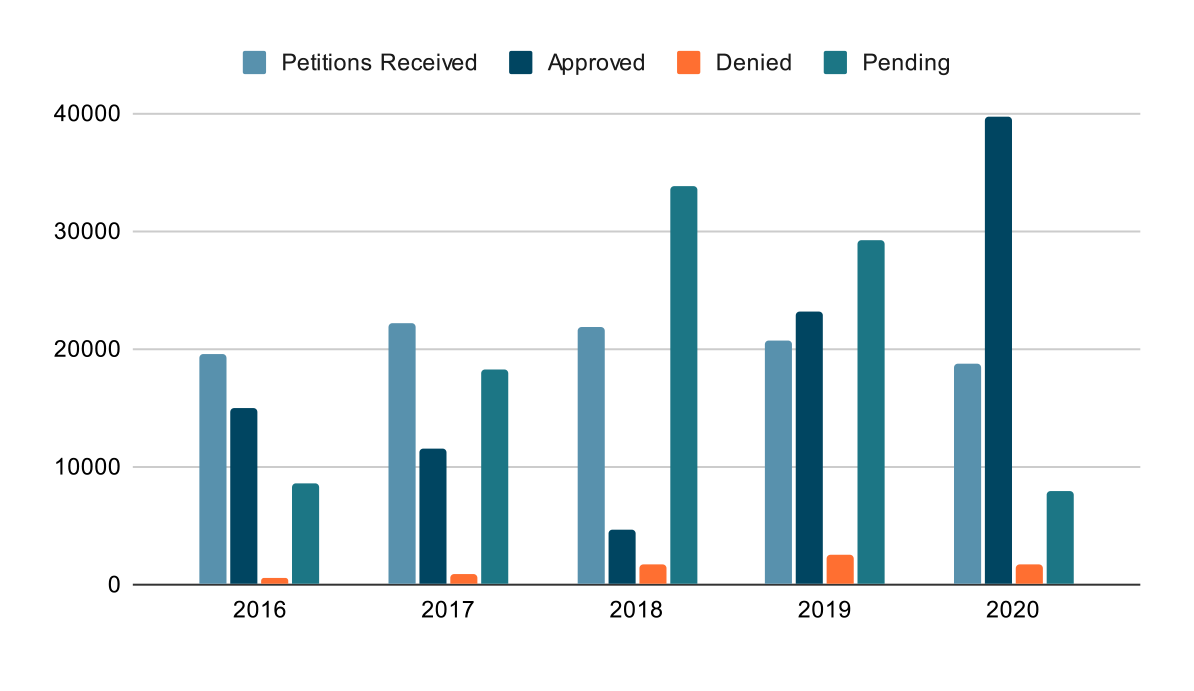In 1990, the U.S. Congress created the Special Immigrant Juvenile Status to protect vulnerable children. Special Immigrant Juvenile Status (SIJ) is an immigration classification available to young immigrants under the age of 21 who have been abused, neglected, or abandoned by one or both parents. SIJ is an option for young immigrants to apply for permanent residence.
Undocumented young people can obtain legal permanent residence in the United States. The process can be complicated, but it is a relatively quick route for eligible children to get a Green Card. To apply for the SIJ status, petitioners must complete form I-360.
To be eligible for the SIJ status, you must be under 21 years old and not married. Additionally, a juvenile court must declare the child to be a court dependent and the petitioner cannot be reunified with his or her parents.





- Obtaining a special immigrant juvenile status gives the child a lawful permanent resident status. This means that the child is able to live and work permanently in the United States, freely travel outside of the United States and get access to financial aid for college.
- The child is also eligible for certain public benefits and can be able to apply for US citizenship five years after becoming a lawful permanent resident of the United States.
- SIJ beneficiaries can remain in the United States legally and obtain the same benefits a permanent resident would. This includes lower education tuition fees than an international student and the right to work in the country.
SIJS FACTS
- In October of 2019, USCIS adapted multiple changes to the policy manual on Special Immigrant Juvenile Status (SIJS) petitions.








